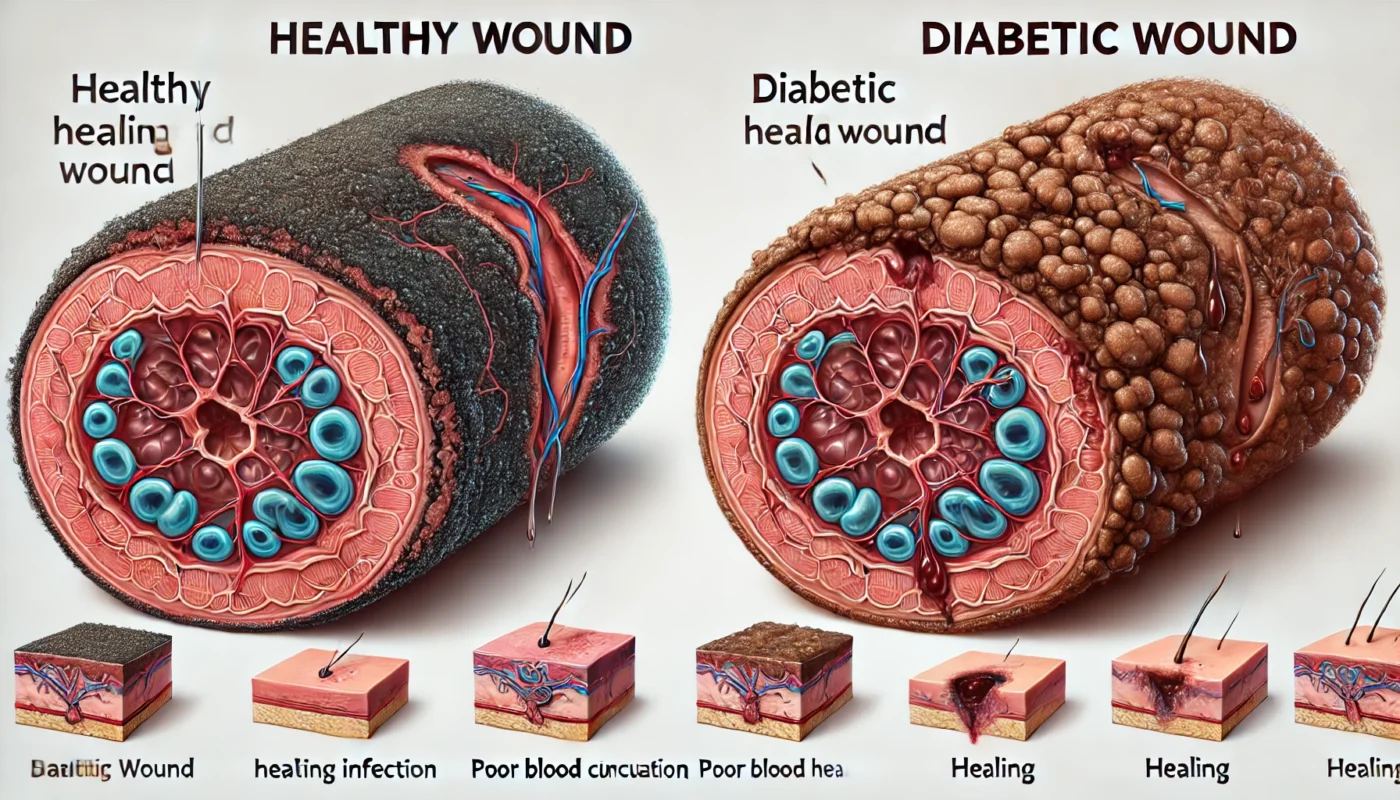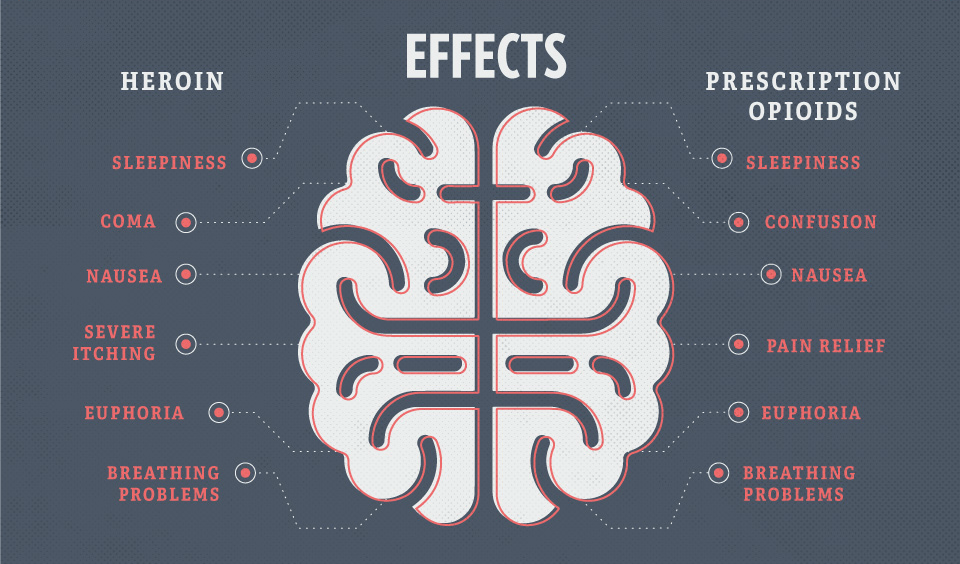When it comes to soothing burns, aloe vera gel stands out as a natural and effective remedy, often lauded for its incredible healing properties. But what makes aloe vera so beneficial for burn relief, and how can you harness its power? In this comprehensive guide, we’ll delve into the myriad benefits of using aloe gel for burns, backed by scientific research and practical advice.
Tag Archives: Recovery
Holistic health focuses on treating the whole person—mind, body, and spirit—rather than just the symptoms of a disease. This approach considers physical, emotional, social, and spiritual wellness as interconnected and essential for overall health.
The concept of inflammation has been around since ancient times, with the Roman writer Celsus first describing the “cardinal signs” of inflammation: heat, redness, swelling, pain, and loss of function. Each of these signs serves as a vital communication tool, indicating how the body is responding to injury or infection. Let’s delve into each of these five cardinal signs, explore their significance, and discuss how they can guide us in managing inflammation holistically.
Back pain can arise from various factors, including muscle strain, poor posture, underlying medical conditions, or even after surgery. Understanding the root cause is crucial for choosing the appropriate natural remedy. For those recovering from surgery, gentle approaches that promote healing are essential, while chronic sufferers might benefit from lifestyle adjustments and consistent natural therapies.
When it comes to healing wounds, the body’s ability to repair itself is nothing short of miraculous. However, several factors can impede this natural process, and smoking is a significant one. In this article, we delve into how smoking affects wound healing, how much it slows down the process, and whether nicotine plays a role in this detrimental effect.
Diabetes, a chronic condition characterized by elevated blood glucose levels, presents numerous challenges, one of which is impaired wound healing. This complication can lead to severe consequences if not managed properly, making it imperative for individuals with diabetes to understand the nuances of diabetic wound care. This article delves into the intricacies of diabetic wound management and offers practical strategies to prevent complications.
Surgical incisions are cuts made by a surgeon during an operation to access the area of the body that requires treatment. The healing of these incisions is a complex process influenced by a variety of factors, including the type of surgery performed, the patient’s overall health, and post-operative care practices.
An abscess is essentially a pocket of pus that forms due to an infection. The human body’s response to infection involves sending white blood cells to the affected area, leading to inflammation and the accumulation of pus. This natural defense mechanism aims to isolate the infection and prevent it from spreading.
When it comes to the intricate and fascinating process of wound healing, fibroblasts play a pivotal role that often goes unnoticed. These dynamic cells are integral to the repair and regeneration of tissues, working tirelessly behind the scenes to restore the skin’s integrity after an injury. In this article, we’ll delve into the function of fibroblasts, explore their significance in the wound healing process, and provide insights into how they contribute to each phase of healing. By understanding the multifaceted roles of fibroblasts, we gain a deeper appreciation for the complex biological processes that underpin healing.
Opiates are a class of drugs naturally derived from the opium poppy plant. This plant has been used for centuries in traditional medicine for its pain-relieving properties. The key alkaloids extracted from the opium poppy include morphine and codeine, which are used in various pharmaceutical formulations.










